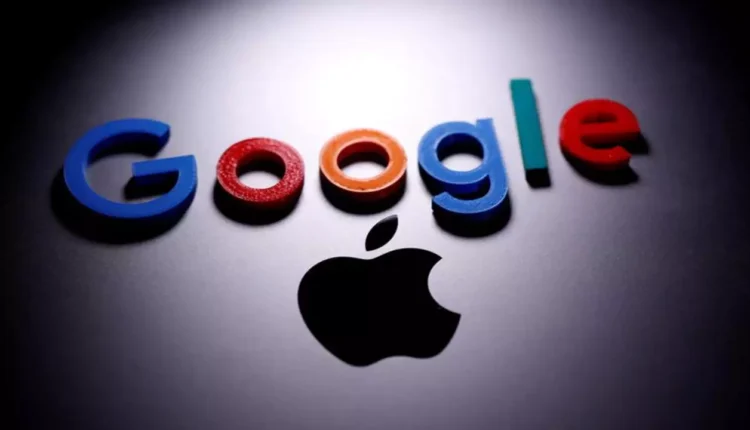In the constantly changing world of technology and online services, there is a growing discussion about privacy against making money. Google and Apple are two big companies often involved in these conversations. These firms have pledged to protect the privacy of their users. However, some critics believe that their true intentions are more focused on increasing profits than on the real protection of user information.
Profit Over Privacy: Google’s Perspective
Google, being a very big technology company in the world, mainly makes its money from advertising. The way they do business depends a lot on gathering huge quantities of information about users to make their special advertising formulas work well. Google has launched many privacy measures and projects before. However, some people claim that these actions are frequently overlooked because of the company’s strong focus on making money.
1. Ad-Based Revenue Model
- Google mainly earns money through its advertising system, which relies on gathering and studying user information to show personalized advertisements.
- Critics argue Google puts its financial goals before the privacy of users. This results in methods that focus more on improving ad targeting than safeguarding personal information.
2. Data Collection Practices
- Google collects a lot of data from its different services like Search, Maps, and YouTube, which has made people who care about privacy concerned.
- The acquisition of DoubleClick by the company, and then putting together user data from different places after that, really shows how serious they are about using this information for advertising.
Apple’s Profit-Privacy Balancing Act
Apple has built a reputation for valuing user privacy and security in its products and services highly. The company views itself as a protector of consumer rights, often positioning its strategy against companies like Google that concentrate on data. Some people say that Apple’s focus on privacy might not only be for good reasons. They believe the company is also looking after its own money interests.
1. Hardware Sales and Ecosystem Lock-In
- Apple makes most of its money by selling products like iPhones, iPads, and Mac computers that they say protect your privacy.
- Some people say that Apple focuses on privacy to keep user information safe, but also to make sure customers trust them and stay with their products, which helps in selling more and keeping users within their system of devices.
2. App Store Monopoly and Privacy Regulations
- Apple has strong control of its App Store environment, which allows it to impose rigid privacy rules on the people who develop apps, claiming to safeguard the privacy of users.
- Critics argue that Apple’s privacy rules also help it keep control of the app market and charge developers high fees.
Conclusion

Google and Apple claim to protect user privacy, but people frequently question their real reasons. Google earns money from ads and collects a lot of information for personalizing those ads. It makes some worry about how private their data truly is. On the other side, Apple focuses on making devices and has strong rules for protecting privacy. This makes them look like they protect customers’ rights. However, their reasons also involve wanting to make more money and control the market.
While dealing with the challenge of profit and privacy, it is important for users to stay alert. They should be well-educated on how big technology companies such as Google and Apple operate. Clear information, responsible action from these companies, and control by rules are necessary. This is to make sure that they keep their promises about keeping user information private even as they aim to make money. In the end, how we balance making money and keeping our personal information private will keep changing the online world. Both people who use it and those who make the rules will be very important in guiding its direction.


